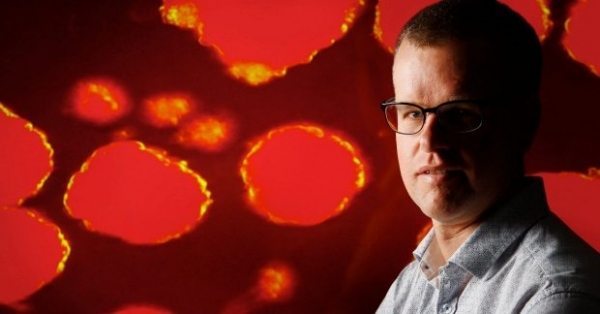Original article written by R. Siva Kumar for Counsel & Heal on February 15, 2016. Click here to read the original article.
A novel class of antigens might help scientists to understand why type 1 diabetes develop, finds research from a University of Colorado Denver.
This type of diabetes has the immune system turning against the body’s own tissues. The type 1 diabetes shows that insulin-producing beta cells identified in the pancreas are hit by immune cells, especially T cells.
The insulin is a hormone vital for maintaining blood glucose, and without it, things can become threatening for life. Results can help scientists to invent the first-ever cure for this form of diabetes.
“Our lab studies the type of T cell known as a CD4 T cell,” Kathryn Haskins, corresponding author of the article, said in a press release. “We have focused on autoreactive CD4 T cells using a mouse model of autoimmune diabetes. We have been especially interested in identifying the antigens that activate these T cells.”
Such antigens can also help to find autoreactive T cells in the early stage of the disease and in those who are at risk. It helps in the identification and treatment too. By developing a way of turning off harmful T cells, they may be able to prevent the illness.
There may be some modified peptides that are called “foreign” to the human immune system. Some of these become targets for autoreactive T cells. Other autoimmune diseases can also be understood through them.
The study was published in the Feb. 12, 2016 issue of Science.





